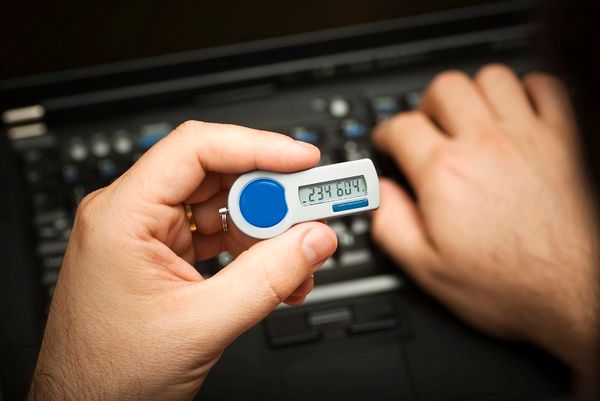NIST Proposes Ban on SMS-Based Two-Factor Authentication

The National Institute for Standards and Technology (NIST) has released a Digital Authentication Guideline draft proposing that all services abandon SMS-based two-factor authentication and use tokens and software cryptographic authenticators.
Because messages can be redirected to a VoIP service and not an actual mobile number, NIST believes SMS-enabled two-factor authentication is vulnerable to attacks. A true out-of-band authentication system should not depend on the ability to receive messages (email or instant messages), as somebody other than the owner may have the device. Even changing pre-registered telephone numbers with service providers should not be possible without an out-of-band authentication when requesting the change.
“Some voice-over-IP telephone services can deliver text messages and voice calls without the need for possession of a physical device; these SHALL NOT be used for out of band authentication,” reads the proposed Draft NIST Special Publication 800-63B. “Mechanisms such as smartphone applications employing secure communications protocols are preferred for out-of-band authentication.”
Posting the draft on GitHub serves to encourage everyone to participate in the reviewing process and even come up with new proposals. By making the process more transparent, NIST hopes it will help spur open debates that will improve the final document.
While app-based and token-based authentication mechanisms have been in place for a while, NIST”s proposal aims to plug potential attacks on telecom service providers designed to redirect phone numbers without sufficient customer authentication. Even the use of biometrics has been discussed in the draft, proposing that “biometrics SHALL be used with another authentication factor (something you know or something you have).”
tags
Author
Liviu Arsene is the proud owner of the secret to the fountain of never-ending energy. That's what's been helping him work his everything off as a passionate tech news editor for the past few years.
View all postsRight now Top posts
How to Protect Your WhatsApp from Hackers and Scammers – 8 Key Settings and Best Practices
April 03, 2025
Outpacing Cyberthreats: Bitdefender Together with Scuderia Ferrari HP in 2025
March 12, 2025
Streamjacking Scams On YouTube Leverage CS2 Pro Player Championships to Defraud Gamers
February 20, 2025
How to Identify and Protect Yourself from Gaming Laptop Scams
February 11, 2025
FOLLOW US ON SOCIAL MEDIA
You might also like
Bookmarks








